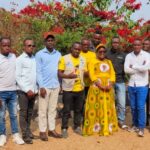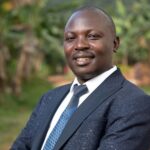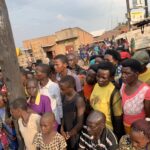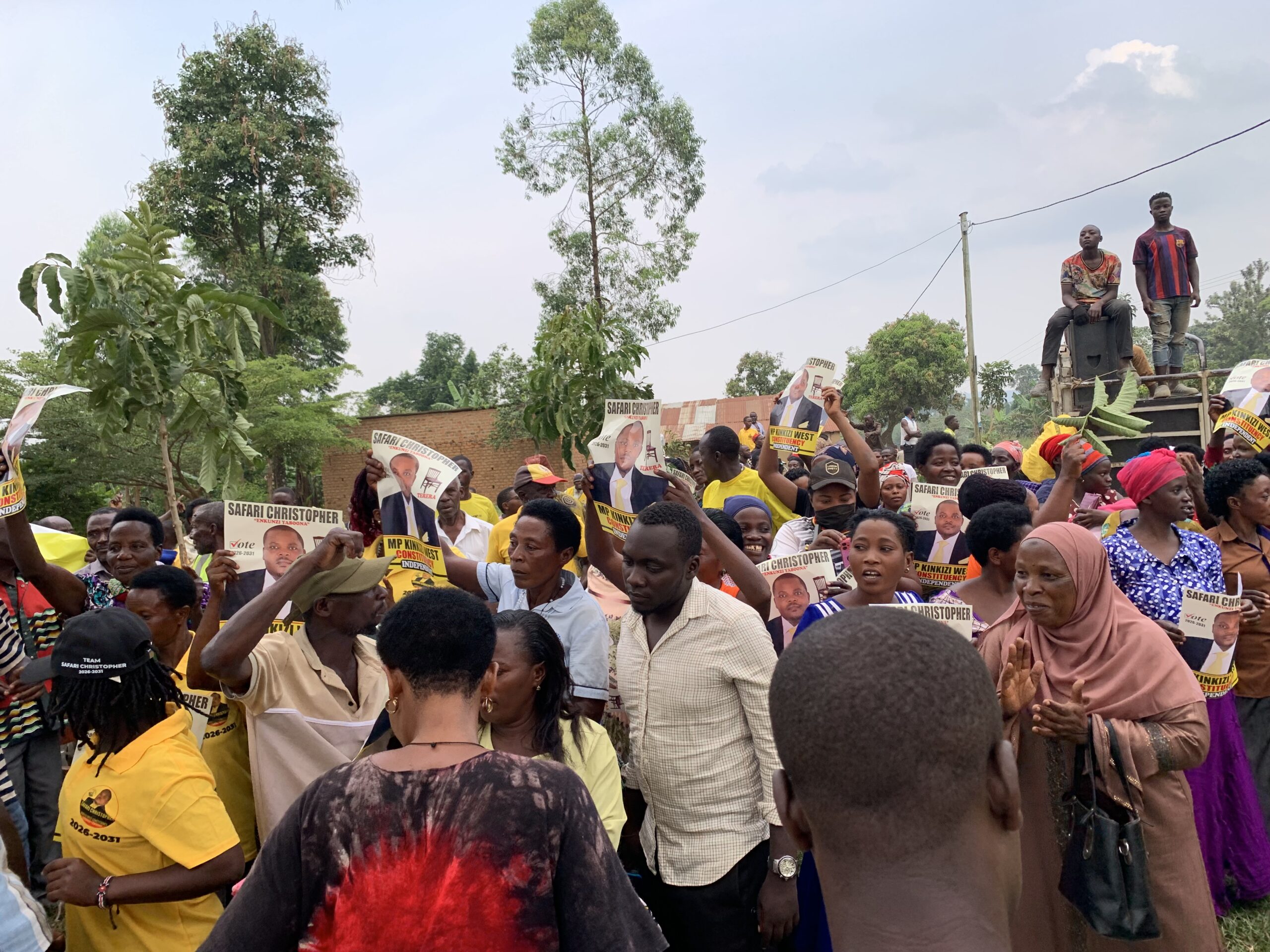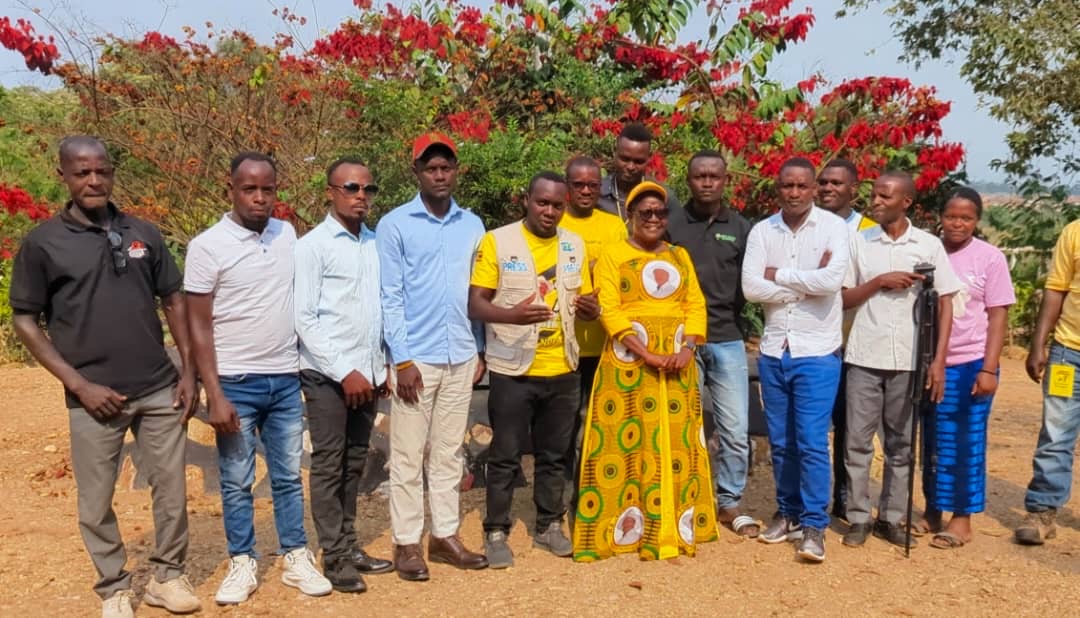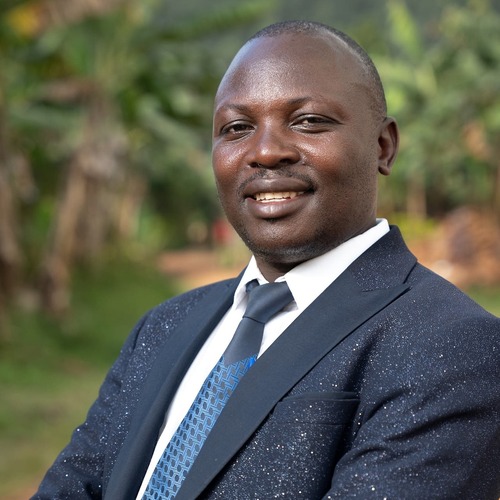
Why Medard Sseggona Was Denied the NUP Party Card
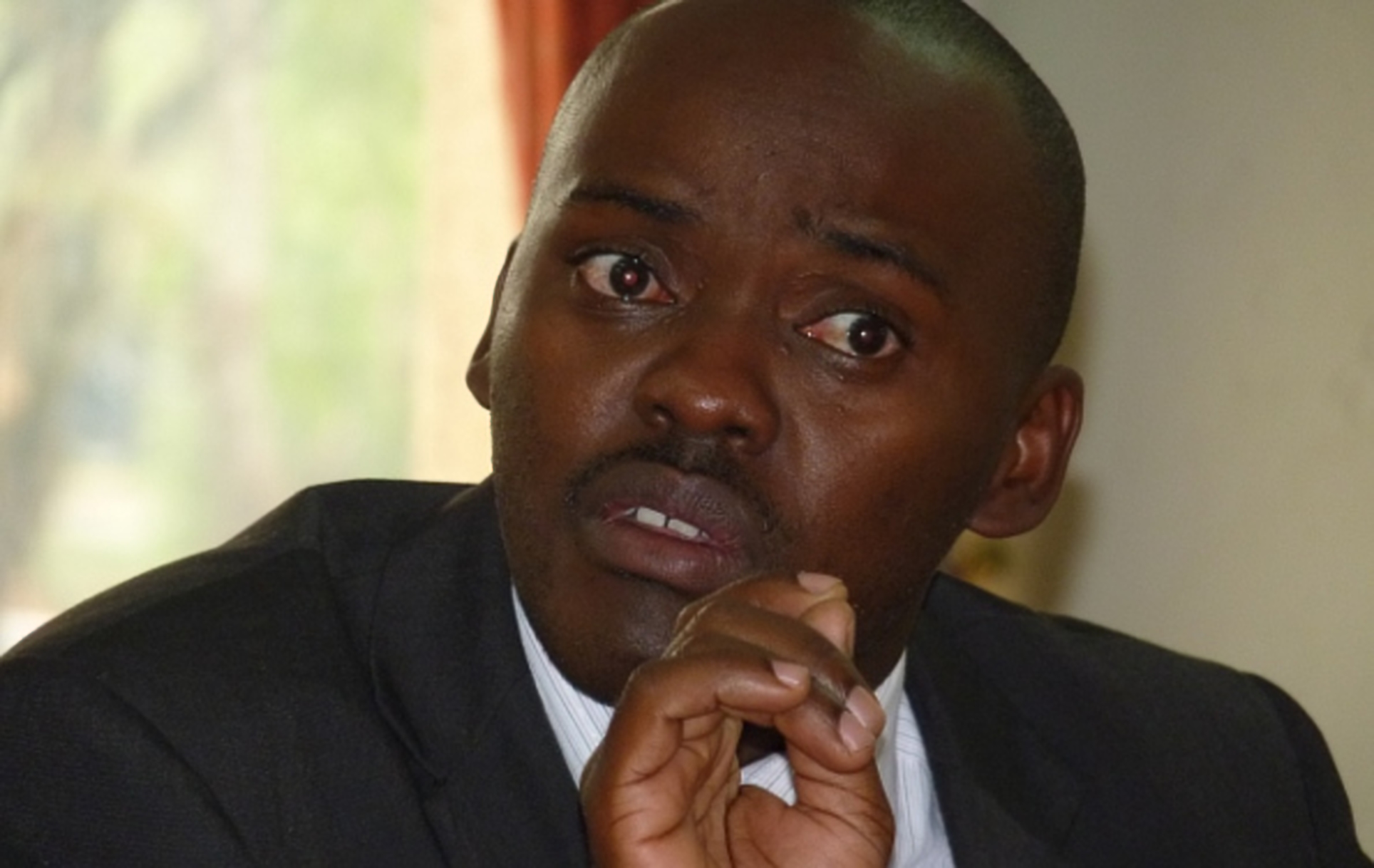
In a surprise blow to one of Uganda’s prominent opposition figures, Medard Lubega Sseggona, the incumbent Member of Parliament (MP) for Busiro East, has been denied the National Unity Platform (NUP) party card for the upcoming 2026 general elections. Instead, the party has selected musician-turned-politician Mathias Walukagga to carry the flag in the constituency.
This decision comes amid ongoing internal party dynamics within NUP, led by Robert Kyagulanyi (Bobi Wine), as it prepares for what promises to be a contentious electoral battle against the long-ruling National Resistance Movement (NRM). Sseggona’s exclusion has sparked debates about fairness, qualifications, and potential biases in the party’s candidate selection process.
Medard Sseggona is a seasoned lawyer and politician who has represented Busiro East in Parliament since joining NUP ahead of the 2021 elections. Previously affiliated with other opposition groups, Sseggona has been a vocal critic of President Yoweri Museveni’s government and has played a key role in NUP’s parliamentary activities.
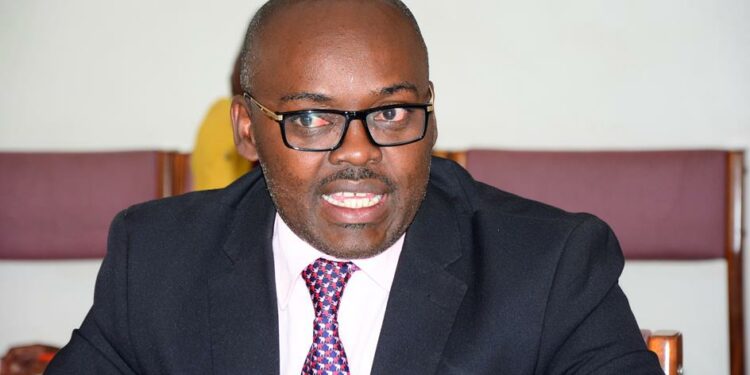
The NUP, formed in 2020, has positioned itself as a youthful, reformist alternative, drawing significant support from urban and Buganda regions. However, as the party gears up for 2026, it has faced internal challenges, including accusations of favoritism and strategic reshuffles to strengthen its electoral prospects.
The denial of the party card essentially the nomination to run under NUP’s banner follows a vetting exercise conducted by the party’s Election Management Committee (EMC). This process, which began on September 15, 2025, and ran until September 21, involved scrutinizing candidates’ qualifications, financial records, and alignment with party values. Sseggona was among several high-profile incumbents, including Joyce Bagala and Allan Ssewanyana, who were left out of the final list released in late September 2025.
The core of the controversy lies in the EMC’s vetting procedure. Sseggona has publicly alleged bias and corruption within the committee. During his vetting, he was reportedly asked to provide bank statements, which he refused, suspecting that the request was a pretext for soliciting bribes in exchange for nomination. He claimed that his opponent, Walukagga, faced a much lighter scrutiny a brief session without demands for financial documents, suggesting favoritism toward the musician, who is also the mayor of Kyengera Town Council.
Sseggona argued vehemently that his extensive experience as a senior lawyer and parliamentarian made him far more qualified than Walukagga, whom he dismissed as lacking the necessary expertise for parliamentary duties. “Parliament is not a place for artists or musicians,” Sseggona reportedly stated, emphasizing his curriculum vitae and policy ideas as superior. Walukagga, in response, accused Sseggona of seeking an excuse to defect from NUP, urging the EMC to deny him the card due to perceived disloyalty.
Broader claims of corruption have plagued the vetting, with reports of bribery influencing decisions on local government flag bearers. These allegations have raised questions about the transparency of NUP’s internal democracy, especially as the party struggles to expand its candidate pool beyond the Buganda region.
Beyond personal allegations, Sseggona’s denial appears tied to NUP’s strategic overhaul. The party conducted the vetting to “boost grassroots support” and select candidates deemed capable of delivering stronger electoral performances in 2026. This reshuffle affected multiple incumbents, including Joyce Bagala, who was replaced in Mityana Woman MP race partly due to her neutral stance in internal party conflicts, such as her refusal to censure former ally Mathias Mpuuga and attendance at his events.
For Sseggona, no single explicit reason was publicly stated by NUP, but the decision reflects a push for fresh faces or those with stronger local appeal, like Walukagga, who brings a celebrity element to the ticket. Critics argue this prioritizes popularity over experience, potentially weakening NUP’s parliamentary bench.
Sseggona has not taken the decision lightly. Prior to the final announcement, he threatened to leave NUP and join the newly formed Democratic Front (DF), led by Mathias Mpuuga, if denied the card. He expressed confidence in his Busiro East constituents’ support, noting his pre-NUP tenure as MP. Other dropped MPs have vowed to “go down fighting,” hinting at potential independent runs or legal challenges.
The fallout highlights fractures within Uganda’s opposition, where personal ambitions clash with party unity. As NUP aims to challenge Museveni’s dominance, such internal disputes could undermine its momentum. Observers suggest that while the vetting was intended to streamline the party, it risks alienating experienced leaders like Sseggona, who could fragment votes if they defect.
Medard Sseggona’s denial of the NUP party card stems from a contentious vetting process marred by allegations of bias, corruption, and strategic party decisions favoring perceived stronger grassroots candidates. While NUP has not officially detailed the rationale, the episode underscores the challenges of building a cohesive opposition in Uganda’s polarized political landscape. As the 2026 elections approach, all eyes will be on whether Sseggona defects and how this affects NUP’s fortunes.
